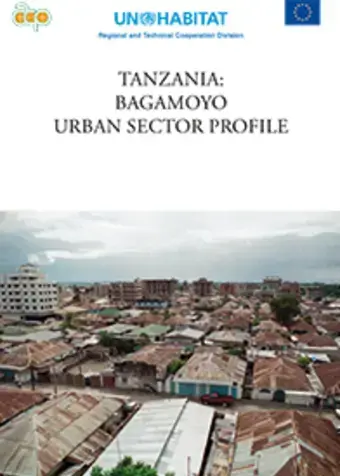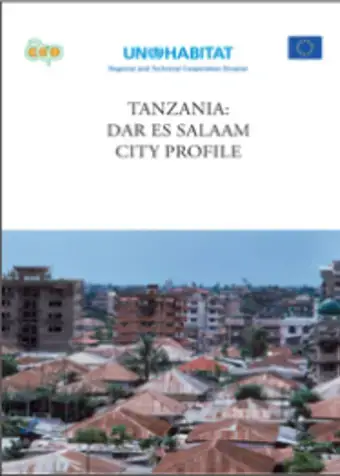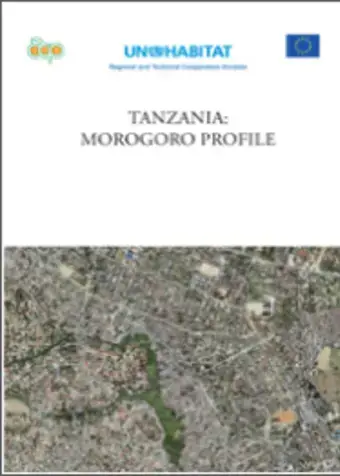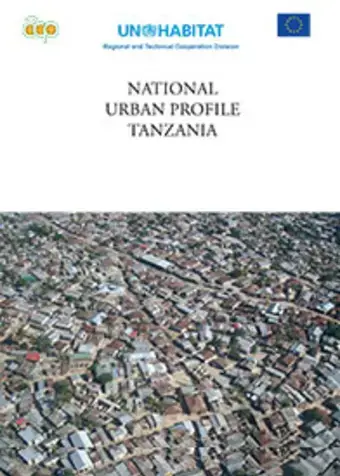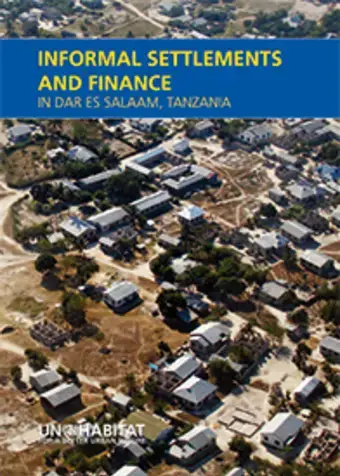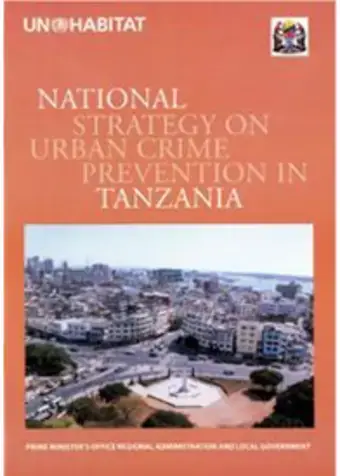Lake Victoria Water and Sanitation program (LVWATSAN) was first launched in 2004 by the Ministers responsible for water within the East Africa Community (EAC) with the aim of achieving the Millennium Development Goals (MDGs) for water and sanitation in the ‘secondary urban centres’ within the Lake Victoria Basin; ensuring the long term sustainability of the physical investments; addressing the current threats to the lake’s ecosystems from inadequate water and sanitation provision in the secondary and larger settlements around the Lake.
UN-Habitat and ILO hold green youth entrepreneurship training in Tanzania
Dar es Salaam, 14 January 2015 - About 50 young men and women from Dar es Salaam participated in a hands-on training on energy efficiency, renewable energy technologies and green entrepreneurship held last month.
The training organized by UN-Habitat in collaboration with the International Labour Organization was held at the Vocational Educational Training Authority in Dar es Salaam.
Objectives and Long-term Goals of the Training
Property Tax Regimes in East Africa
 The report covers three basic issues: property tax legislation and practice, the significance and magnitude of property tax revenue, and the prospects of property taxation in the three East African countries. For instance, during the period of analysis, property taxes contributed quite a small percentage (on average 0.054%) of annual national revenue in Kenya and between 23-27%of annual municipal council revenue.
The report covers three basic issues: property tax legislation and practice, the significance and magnitude of property tax revenue, and the prospects of property taxation in the three East African countries. For instance, during the period of analysis, property taxes contributed quite a small percentage (on average 0.054%) of annual national revenue in Kenya and between 23-27%of annual municipal council revenue.
Case Study 2: Water Operators’ Partnerships in Africa
 A water operators’ partnership (WOP) is a collaboration between two or more water or sanitation operators, conducted on a not-for-profit basis, in the aim of developing their capacity. These partnerships are being used as a way of helping the world’s public operators to sustainably deliver adequate water and sanitation for all.
A water operators’ partnership (WOP) is a collaboration between two or more water or sanitation operators, conducted on a not-for-profit basis, in the aim of developing their capacity. These partnerships are being used as a way of helping the world’s public operators to sustainably deliver adequate water and sanitation for all.
